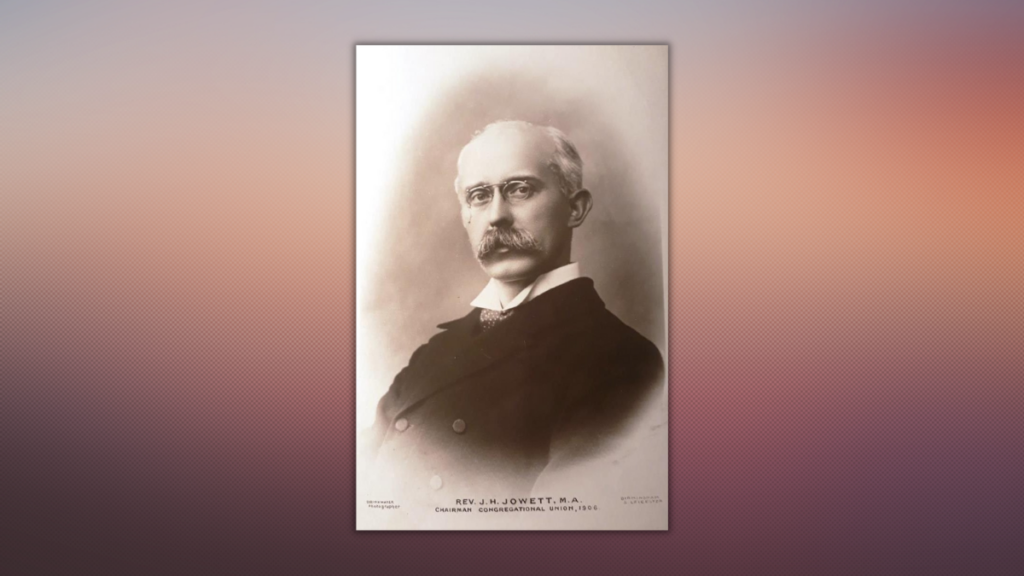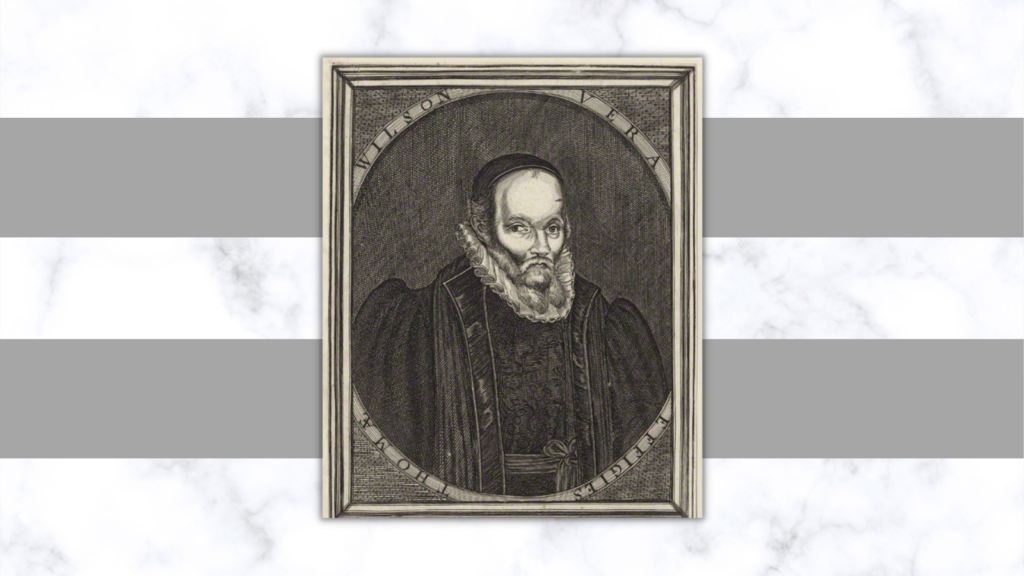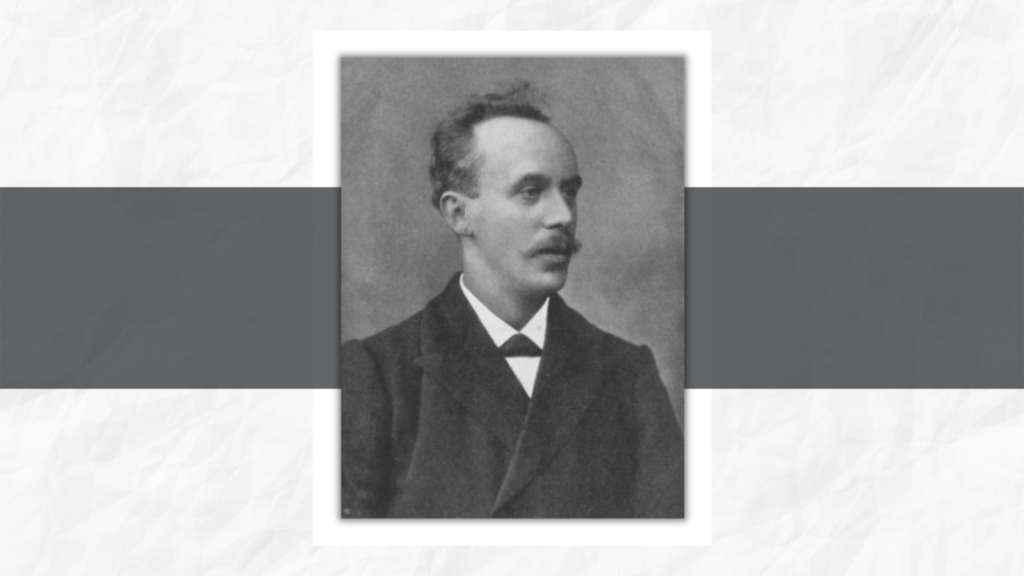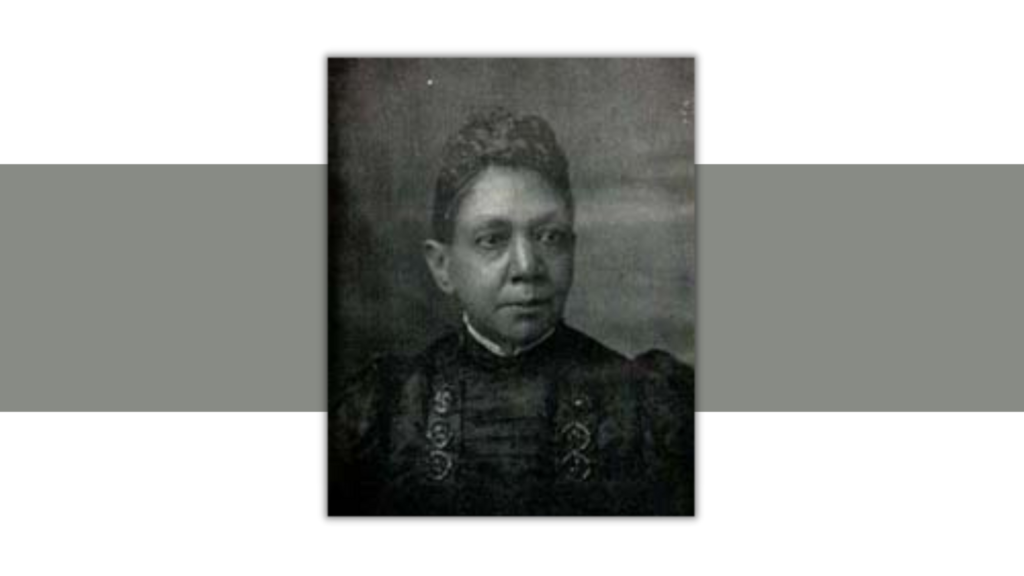2017 marks 150th anniversary of Brazilian missionary’s birth
By Joanne Sloan
Solomon Ginsburg (1867–1927), a Jewish convert to Christianity, was a courageous missionary to Brazil for 35 years.
This year is the 150th anniversary of his birth.
The son of a Jewish rabbi, he was born Aug. 6, 1867, in Poland. At age six he was sent to Germany for his education.
At 14, he returned home. His father had plans for him to be a rabbi and marry a 12-year-old girl. He rejected both, ran away from home and sailed to London. He worked for his uncle, an Orthodox Jew.
He attended a church service with a converted Jewish missionary who spoke on Isaiah 53, a prophetic chapter about Jesus. Ginsburg wanted to become a Christian but knew his uncle would cast him out of the house. For three months, he struggled. Then at a mission service a preacher spoke on the words of Jesus: “He that loveth father or mother more than me is not worthy of me.” He surrendered to God and later said, “I knew that my sins were washed away by the precious blood of Jesus.”
Confession of faith
Ginsburg made a public confession of faith at the mission. When he told his uncle, he was chased away with curses, sticks and hot water. The story of his conversion spread widely and more than 3,000 attended his baptism.
After witnessing to Jews in east London, he was severely beaten twice.
He felt God leading him to foreign missions in Brazil. He traveled to Portugal and learned Portuguese before sailing for Rio de Janeiro. He reached it June 10, 1890.
Excited about evangelizing, he soon went to a public square, stood up on a stool and started singing and then preaching. He had an audience of around 5,000 people.
In 1891 his fiancée, Carrie Bishop, arrived from England. They married but she died four months later of yellow fever.
In 1893 he married Emma Morton and they started missionary work in San Fidelio, Campos, and smaller towns in the region. He often angered parish priests because he evangelized Catholics. Thieves often chased him and beat him with clubs.
He traveled on a long journey to the Amazon. The first person to baptize converts in the Amazon River, Ginsburg also organized the first evangelical church.
After returning from the Amazon, he faced two notorious assassins.
Ginsburg preached in Pernambuco to thieves and murderers. One local priest even hired a giant desperado named Herculano to kill him. Even though Ginsburg found out about the assassin, he preached boldly. Herculano fell asleep that day but later became a Christian and told the church about his plan to murder Ginsburg.
Antonio Silvino, hired to kill Ginsburg, went to hear him preach. He couldn’t kill him because Ginsburg seemed good. The two men met. They talked and prayed for hours. Silvino, who had killed 66 men, became a Christian.
Publishing literature
Ginsburg led the Baptist Mission that published evangelical literature. The 750 prisons in Brazil were sent Bibles and other writings.
He wrote an influential book, “A Wandering Jew in Brazil: An Autobiography.”
The tireless missionary died April 1, 1927, and is buried in São Paulo.
EDITOR’S NOTE — Joanne Sloan, a member of First Baptist Church, Tuscaloosa, has been a published writer of articles and books for 30 years. She has a bachelor’s degree double majoring in history and English from East Texas State University (now Texas A&M–Commerce) and a master’s degree specializing in English from the University of Arkansas (1978).






Share with others: